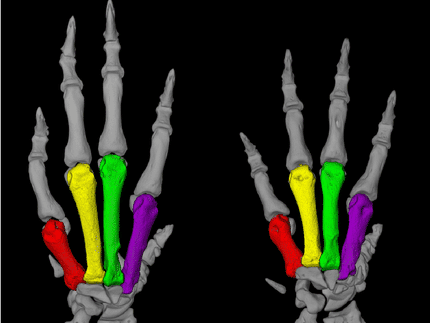Novartis gains positive CHMP opinion for Rasitrio
In Phase III data, Rasitrio demonstrated significantly greater blood pressure reductions compared to dual combinations of each of its individual components
Advertisement
Novartis announced that the European Medicines Agency's Committee for Medicinal Products for Human Use (CHMP) adopted a positive opinion for Rasitrio® for the treatment of high blood pressure.
Rasitrio has been recommended as replacement therapy in patients whose blood pressure is adequately controlled on a combination of its components given concurrently at the same dose level as in the combination.
"This positive CHMP opinion is an important step towards approval and making this new triple combination therapy available for patients whose blood pressure is not under control and who may require multiple medications," said David Epstein, Division Head of Novartis Pharmaceuticals. "Novartis is dedicated to providing innovative, patient-focused treatment options that simplify treatment plans."
Rasitrio combines in a single-pill the only approved direct renin inhibitor worldwide, Rasilez®, with the widely used calcium channel blocker amlodipine and the diuretic hydrochlorothiazide. The triple combination of aliskiren, amlodipine and hydrochlorothiazide (HCT), was approved in the United States in December 2010 under the trade name Amturnide®.
The European Commission generally follows the recommendations of the CHMP and delivers its final decision within three months of the CHMP recommendation.
The CHMP positive opinion of Rasitrio is based on clinical trial data involving more than 1,181 high blood pressure patients. The Phase III pivotal study showed that Rasitrio produced statistically significant blood pressure reductions compared to dual combinations of each of its individual components, including aliskiren/amlodipine 300 mg/10 mg, aliskiren/HCTZ 300 mg/25 mg and amlodipine/HCTZ 10 mg/25 mg. The effect of Rasitrio was observed as early as one week after initiation of therapy and was maintained over the entire 24-hour dose interval.























































